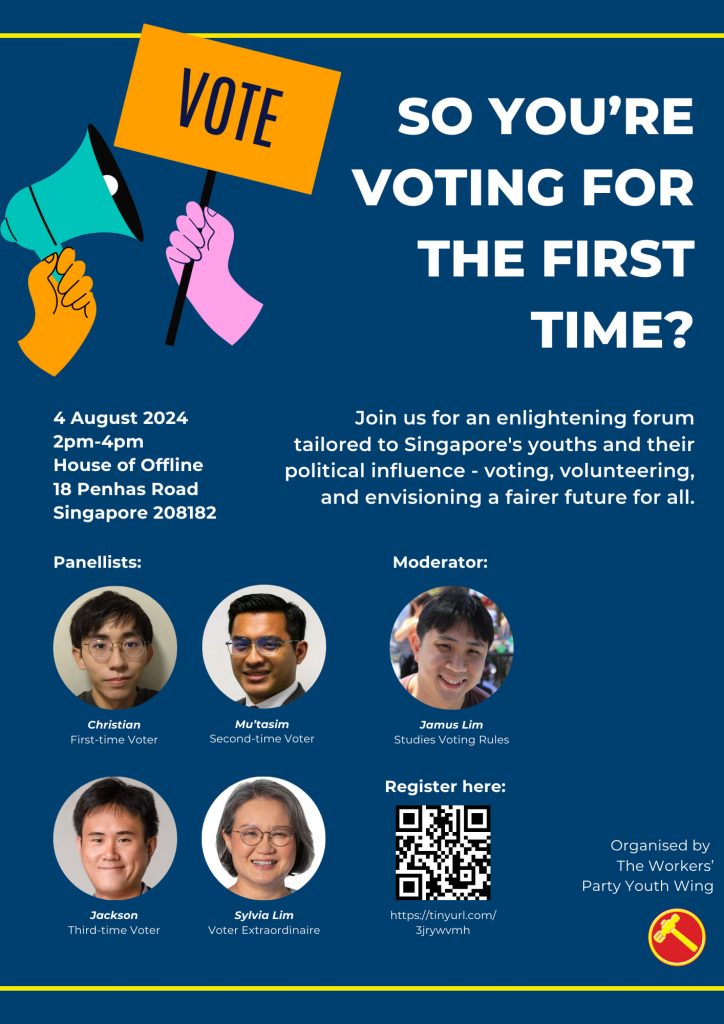SINGAPORE: A frustrated resident took to an online forum to rant and seek advice from Singaporeans after claiming that her neighbour won’t stop making knocking noises at night.
“If anyone has got any way to help, please let me know. I just want to sleep,” she pleaded.
“How to stop a neighbour from hell?” was the post title that got the attention of many Singaporeans after a stressed-out resident shared her experience with an allegedly problematic neighbour.
“We are new homeowners who just moved in May 2024,” the woman shared. “Everything was pretty peaceful initially until this consistent knocking started happening two weeks after moving in.”
According to her post, the “incessant knocking” happens throughout the day but also late at night.
“I have recordings of the knocking at 11 pm, 12 am, 1 am, 3 am, 4 am, 5 am, 6 am… then it happens again during the day at 9 am, 11 am, 1 pm, 2 pm, 4 pm so on so forth.
We went around to check and neighbours told us that the particular neighbour from hell (downstairs) went crazy after his divorce.
Some told us he directly uses his fists to bang against the top of the ceiling for stress relief. The owners who sold us the unit told us there was knocking two years ago, but stopped after they lodged a complaint to HDB.”
“We empathise with his tragic life, but can he be tragic and emo without afflicting our lives? I’m heavily pregnant right now–with the baby kicking and the body aches, it’s bad enough already. The additional knocking just makes me extra fatigued.”
Read also: Pregnant woman urged against escalating complaint with Scoot Airlines about change in flight time
“Incessant knocking” allegedly does not stop
According to the post, despite having confronted the man on more than one occasion, he has not changed his behaviour.
“We told him to please be considerate and stop knocking while people are sleeping. His response: 1) he’s used to knocking his arm against the wall 2) we go down and stop him every time he knocks.”
The woman then shared her frustration over the man’s still having no change in behaviour despite trying different methods.
“Anyway, it’s been close to three months, I’ve made many recordings of the knockings (timestamped of course), called the police multiple times, called HDB, and emailed CMC–NOTHING WORKED.”
In an update, the woman shared that another resident was also “at (their) limit with the uncle’s knocking.
The uncle spoke to us and kept saying he’s used to it already, showed my husband that he uses his elbows and legs to kick/knock against the wall. Then he said, ‘What you want me to do? I’m already used to it.’
My husband replied, ‘Then (how about us)? Why don’t you do this instead.’ Then showed him a video of a punching bag and told him to maybe get something like that to kick. Uncle just said ‘Orh’ and closed the door on him…
We’ll be looking for an affordable punching bag as a gift. Hopefully, it’d help. Will update again.”
Many online users empathised with the pregnant woman and her husband and left messages of support and advice.
“I don’t have a solution for you but I just want to say I empathise with your situation excessively,” said one.
“My wife was also pregnant when my neighbours were doing renovation and it was quite annoying to say the least especially when you need rest after a long day.
Since you are also pregnant now I suggest when things start to get bad you consider going over to ur parents’ or inlaws’ place to stay, and especially after the baby is born. Stay strong and all the best to you and hope your situation becomes better.”
Featured photo: Depositphotos
Read also: Pregnant admin staff laments she is unhappy at work but needs the job for CPF contributions












